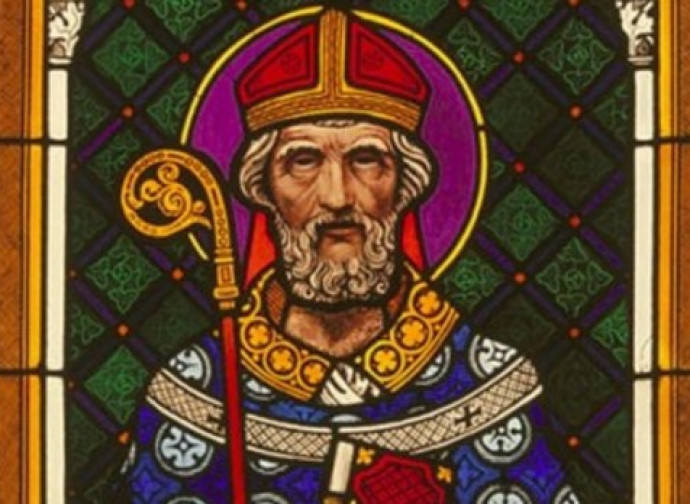Saint Heribert of Cologne
Saint Heribert of Cologne (c. 970-1021) was a shepherd of souls whose thoughts were always focused on God, and who never lost his humility, even when the emperor chose him as his right-hand man in the Holy Roman Empire.

Saint Heribert of Cologne (c. 970-1021) was a shepherd of souls whose thoughts were always focused on God, and who never lost his humility, even when the emperor chose him as his right-hand man in the Holy Roman Empire. He was the son of a count and was educated at the cathedral school of Worms, his hometown, and then at the Benedictine monastery of Gorze. Attracted by the monastic life, he developed the desire to become a Benedictine monk, but renounced it because of his father's disapproval. He became provost at Worms Cathedral and was ordained a priest in 994. In the same year the very young Otto III (980-1002) appointed him Chancellor for Italy and in 998, for Germany, bringing the two offices together in the same person for the first time.
Heribert accompanied the Emperor to Italy several times. During one of these journeys he was appointed Archbishop of Cologne (a ministry he held until his death) and on 9 July 999 he received the investiture and the pallium from Pope Sylvester II, and was then consecrated on Christmas Day in the cathedral of the city, to which he had walked barefoot. He was back in Italy when Otto III died in 1002 and assisted him on his deathbed. He took charge of the procession to bring the body back home, together with the imperial insignia. At first he did not favour the succession of the future Henry II, relative of Otto and husband of Saint Cunigunde, perhaps because he preferred Hermann II of Swabia, another pretender to the throne. Henry II had him imprisoned for a short period, but then Heribert recognized him as sovereign.
Over time, his relationship with Henry II improved. Heribert accompanied him on a trip to Rome, acted as mediator with the House of Luxembourg, supported the sovereign's decision to create the diocese of Bamberg, founded in 1007 with the consent of the Pope, and loyally helped him in various other ways, always behaving as a man of God. The saint gave the poor all the money he could save, visited homes and hospitals to assist the sick, and led an intense spiritual life. During a great drought that struck Cologne, he led a procession to the church of San Severino and prayed to the Lord on his knees in front of the altar. As he got up a heavy rain began to fall, saving the harvest. And for this reason he is still invoked today, especially in the area of Cologne, in case of drought.
In 1021 Henry II, who is also venerated by the Church, recognized Heribert’s virtues and humbly asked his forgiveness for the errors committed against him. The archbishop, already considered a saint during his earthly life, died that same year and was buried in the Benedictine monastery of Deutz, which he himself had founded.




